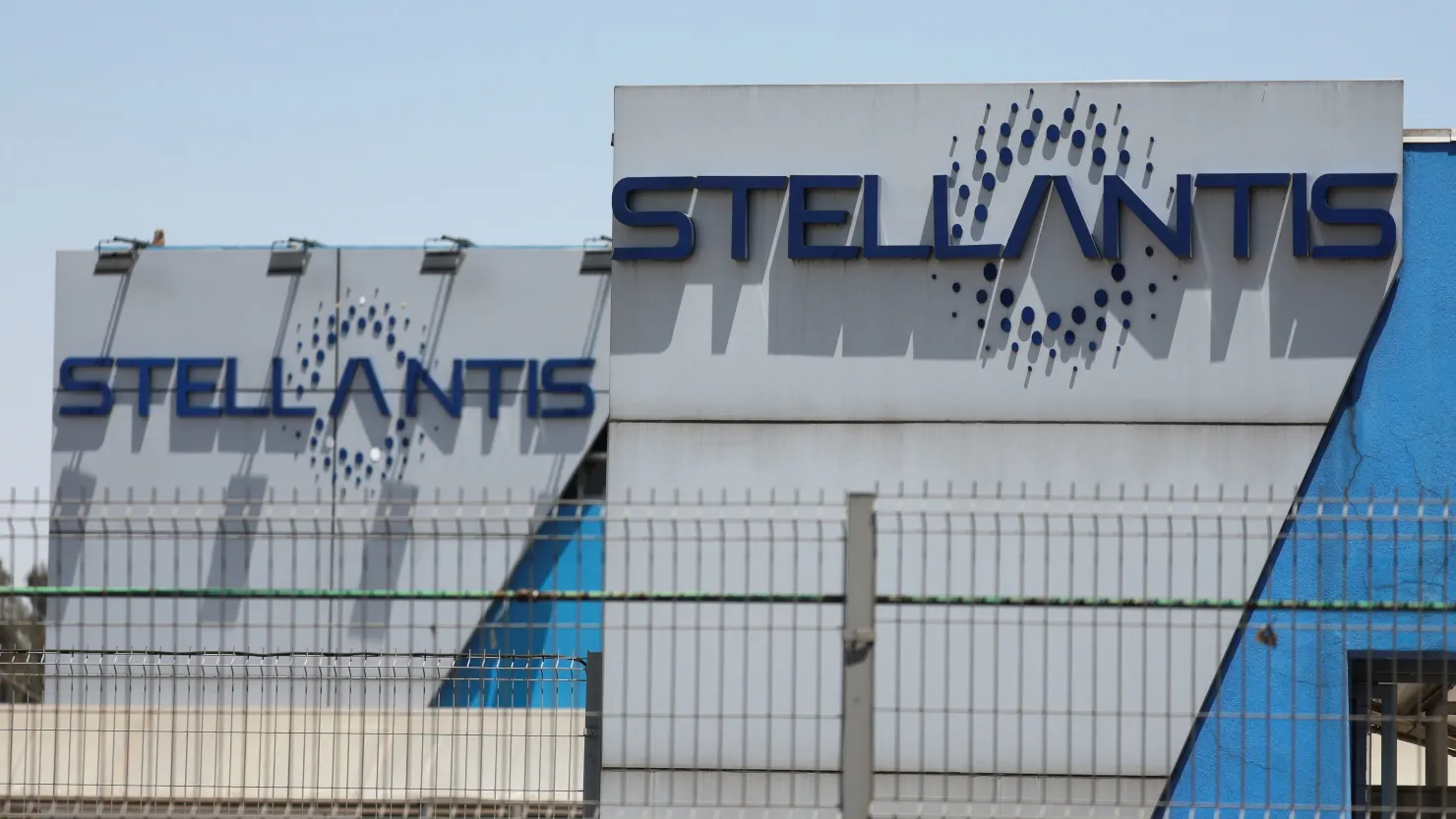A promising clinical trial from Memorial Sloan Kettering Cancer Center has revealed that some patients with gastrointestinal tumors may be able to avoid traditional cancer treatments—including surgery, chemotherapy, and radiation—thanks to an experimental immunotherapy drug, the Washington Post report.
The study, presented at the annual meeting of the American Association for Cancer Research and published in the New England Journal of Medicine, focused on a specific type of tumor mutation known as mismatch repair deficiency (MMRd). These mutations, found in 2 to 3 percent of all cancers, prevent cells from repairing DNA damage and are often associated with gastrointestinal cancers affecting the colon, rectum, stomach, bladder, and esophagus.
Out of 103 patients enrolled, 80 percent experienced complete tumor disappearance after treatment with the drug dostarlimab, administered every three weeks over six months. All 49 rectal cancer patients in the study responded so well to the immunotherapy that they required no additional treatments. Among the 54 patients with non-rectal tumors, such as those in the stomach or bladder, nearly two-thirds also experienced complete remission.
“This represents a fundamental shift in how we may treat certain cancers,” said Dr. Luis Diaz, a gastrointestinal oncologist and co-leader of the study. “For decades, surgical removal of tumors has been considered the gold standard for cure. Now, we’re seeing a noninvasive option that can offer the same result—without the life-altering side effects of surgery.”
Patients in the trial were given nine intravenous doses of dostarlimab. Around 40 percent reported no side effects, while others experienced mild symptoms like rashes or more severe complications such as lung infections or encephalitis. Despite this, the outcomes have been widely hailed as groundbreaking.
The Food and Drug Administration (FDA) has granted the drug a “breakthrough therapy” designation, fast-tracking its evaluation process. At present, dostarlimab is marketed under the name Jemperli by pharmaceutical company GSK and costs approximately $11,500 per vial.
The potential of this therapy to preserve quality of life is particularly significant for younger patients, said Diaz.
“Avoiding surgery means preserving fertility, sexual function, and normal bodily function—outcomes that are especially important for patients in their 20s or 30s.”
One such patient is Kelly Spill, who was diagnosed with Stage 3 colorectal cancer at just 28 years old. Rather than face surgery and radiation that would have compromised her fertility and long-term well-being, Spill enrolled in the trial. After her ninth immunotherapy session, her tumor had completely vanished.
Now 33, Spill is cancer-free and has since given birth to her second child, with a third on the way.
“This treatment didn’t just save my life,” she said. “It gave me the chance to live the life I always dreamed of.”
While further research is needed to determine whether the approach can be expanded to more types of cancer, experts are optimistic.
“This study gives patients more control over their treatment and long-term quality of life,” said Karen Knudsen of the Parker Institute for Cancer Immunotherapy. “It’s a step forward in personalizing cancer care.”










The latest news in your social feeds
Subscribe to our social media platforms to stay tuned